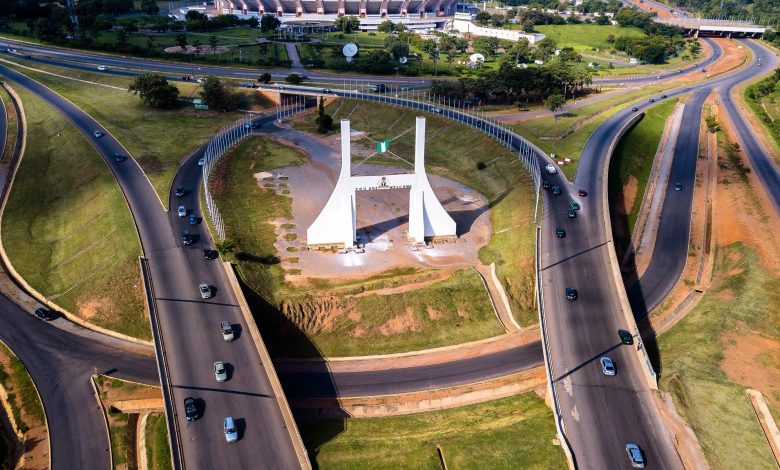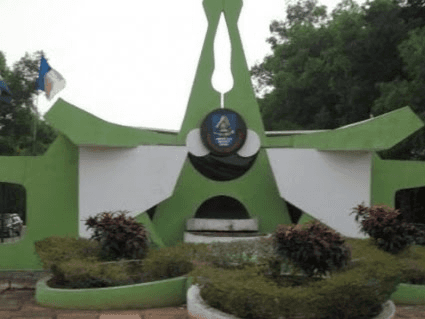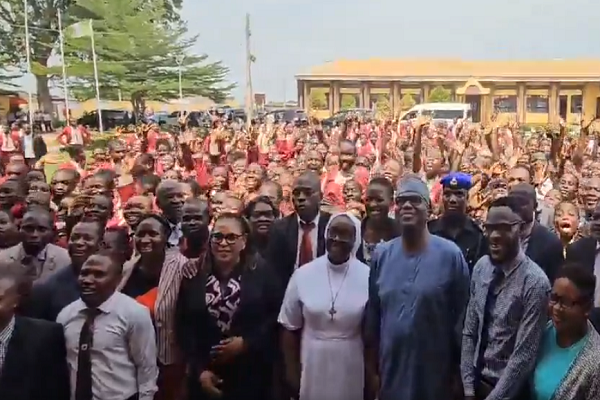FCT 5% tax on private schools will kill businesses, school owners warn


The National Association of Proprietors of Private Schools (NAPPS) has stated that imposing a 5% annual tax on private schools in the Federal Capital Territory (FCT) will push school owners out of business.
The Department of Quality Assurance of the FCT’s Education Secretariat announced the action in January, prompting the group to petition FCT Minister Nyesom Wike to intercede and overturn it.
In the tax regime, each school would be charged based on the amount of tuition paid by pupils and students, as well as the number of children on its rolls.
Speaking with the News Agency of Nigeria (NAN), FCT Chairperson of NAPPS, Mrs. Rukayat Agboola, said the Education Secretariat had refused to respond to its rejection of the measure.
“We made our dissatisfaction over the policy known even as we were not told about the tax in writing.
“The secretariat thereafter sent a circular that its next line of action was to revert to the old dues. Some of us even owed debts on the old dues and we were advised to start clearing them.
“The secretariat did not say anything again on the 5 per cent tax; it has kept quiet on it and we also have kept quiet,’’ she said.
Agboola expressed dissatisfaction at the turn of events and argued that rather than the new tax imposition, the school owners ought to enjoy government’s grants to assist in the training of indigent students who desired education.
“Schools in rural areas where there is no government presence should enjoy the grant the most. But for those schools, children in the suburbs would not be exposed to Western education.
“The tax will also create an additional burden on parents and school owners.
“The secretariat could not even be bothered about parents’ ability to pay tuition fees. It is interested only in using school enrollment to determine payable taxes.
“If the secretariat becomes insistent on the tax, we shall continue to resist it, otherwise, many private schools will run out of business,’’ she said.
Agboola called on the FCT Administration to rescind the decision and assist private schools through the provision of adequate infrastructure and learning materials.
“Most of the schools outside of Abuja metropolis maintain roads; provide water, just as some even still give scholarships to indigent children,’’ she said.
“There are funds provided in the education budget for Nigerian children and the children in private schools are also Nigerian children, so shouldn’t these children benefit from that fund’’? Agboola queried.
“Assistance does not necessarily have to be in cash. The administration could donate textbooks, teaching materials, and game materials or assist in improving facilities in some of the schools.
“There are schools that charge as low as N5,000 or N10,000 per term; they need assistance and not tax imposition that would further compound their problems,’’ Agboola added.








